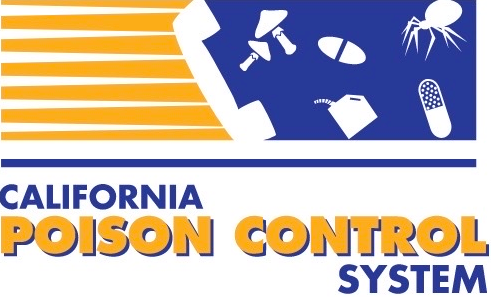Calling the Poison Hotline
CPCS receives over 200,000 calls to the Poison Hotline on a yearly basis – over 700 calls a day from individuals and families throughout California. The majority of these calls are managed at the location of the call. This means that many callers get the help they need over the phone without having to go to the hospital.
Call the toll-free Poison Hotline at 1-800-222-1222 if:
- You have a poison-related question
- You or someone else touches, tastes, breathes or swallows something that could be harmful
It is always best to have every poison exposure, whether mild or severe, evaluated by the Poison Hotline experts. They can provide reassurance and peace of mind.
The toll-free Poison Hotline is:
- Fast: Our staff will answer your phone call immediately
- Free: There is no charge—you can call as many times as you need
- Expert: You will receive help from an actual person—staff who answer the phone are specially trained pharmacists, nurses, and poison information providers, backed up by medically trained toxicologist
- Private: Your personal information is not shared with anyone—we ask you for your name and phone number so we can call back to make sure you are OK
What will the Poison Hotline staff ask?
Careful evaluation of all the information related to a poison exposure will allow the Poison Hotline staff to determine if a call presents a serious risk. Callers might be asked for the following information:
- What substance or poison was involved
- The amount
- Type of the exposure (on the skin versus in the mouth)
- Length of time of the exposure
- Age, weight, and health status of the patient
Once the information is gathered, the Poison Hotline experts will calculate the amount of the exposure compared to body weight of the patient. They might look up the substance in the computer for more information. This information will determine the toxicity of the case. Using that information, the poison expert will make treatment recommendations.



